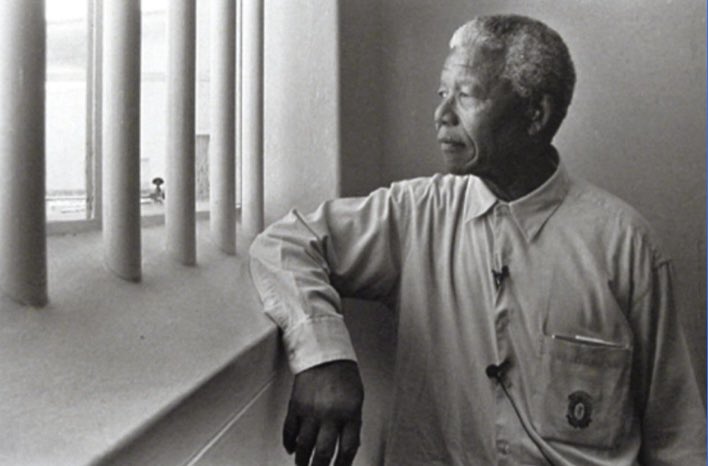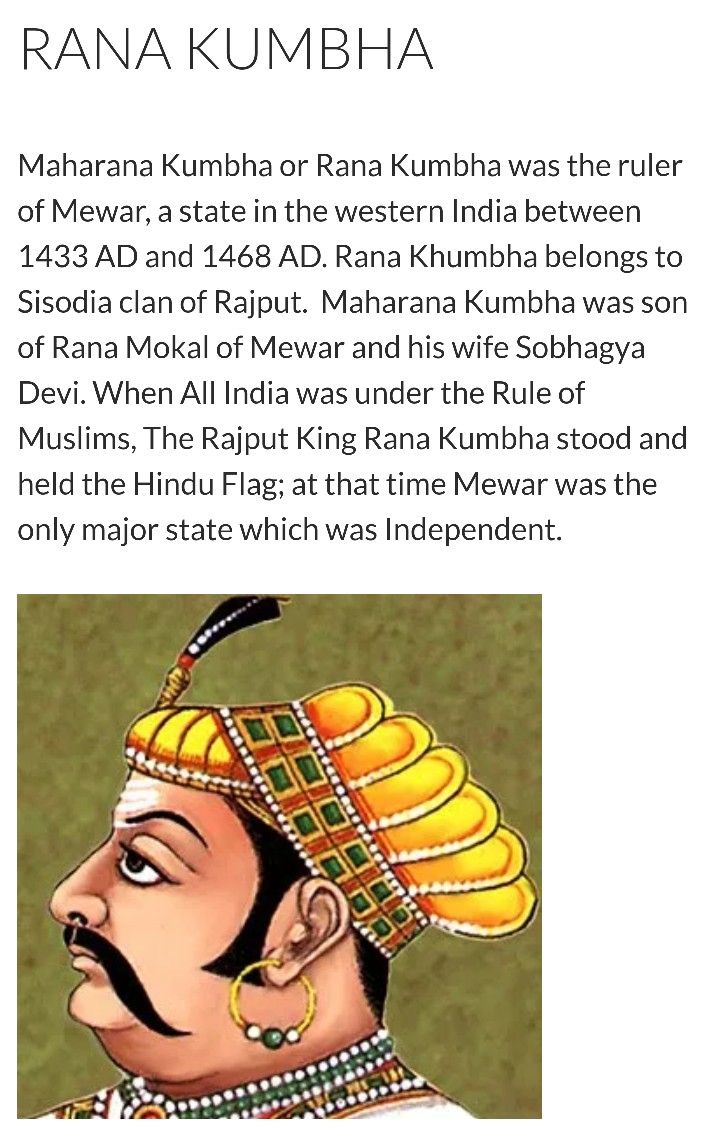17 January 2020 #MAGAanalsis #Overturn
Will He Or Won't He, That Is The Question
We'll begin and end today's contemplations with J.E. Dyer
@OptimisticCon's recent work. If you haven't yet, please head over and read her fantastic analysis,
More from Pasquale "Pat" Scopelliti
19 January 2021 - A #MAGAanalysis Supplemental
Wherein I request your additional help in getting yesterday's PM Edition out to the broadest readership possible, as well as statements of agreement collected here at Twitter.
Wherein I request your additional help in getting yesterday's PM Edition out to the broadest readership possible, as well as statements of agreement collected here at Twitter.
18 January 2020 #MAGAanalysis PM Edition
— Pasquale "Pat" Scopelliti (@ThyConsigliori) January 18, 2021
A Letter To The President
28 Tweets written by Pasquale Scopelliti, but speaking for all the other MAGA Trump supporters who agree from the bottom of their hearts.
More from Politics
You May Also Like
H was always unseen in S2NL :)
Those who exited at 1500 needed money. They can always come back near 969. Those who exited at 230 also needed money. They can come back near 95.
Those who sold L @ 660 can always come back at 360. Those who sold S last week can be back @ 301
Those who exited at 1500 needed money. They can always come back near 969. Those who exited at 230 also needed money. They can come back near 95.
Those who sold L @ 660 can always come back at 360. Those who sold S last week can be back @ 301
Sir, Log yahan.. 13 days patience nhi rakh sakte aur aap 2013 ki baat kar rahe ho. Even Aap Ready made portfolio banakar bhi de do to bhi wo 1 month me hi EXIT kar denge \U0001f602
— BhavinKhengarSuratGujarat (@IntradayWithBRK) September 19, 2021
Neuland 2700 se 1500 & Sequent 330 to 230 kya huwa.. 99% retailers/investors twitter par charcha n EXIT\U0001f602




















